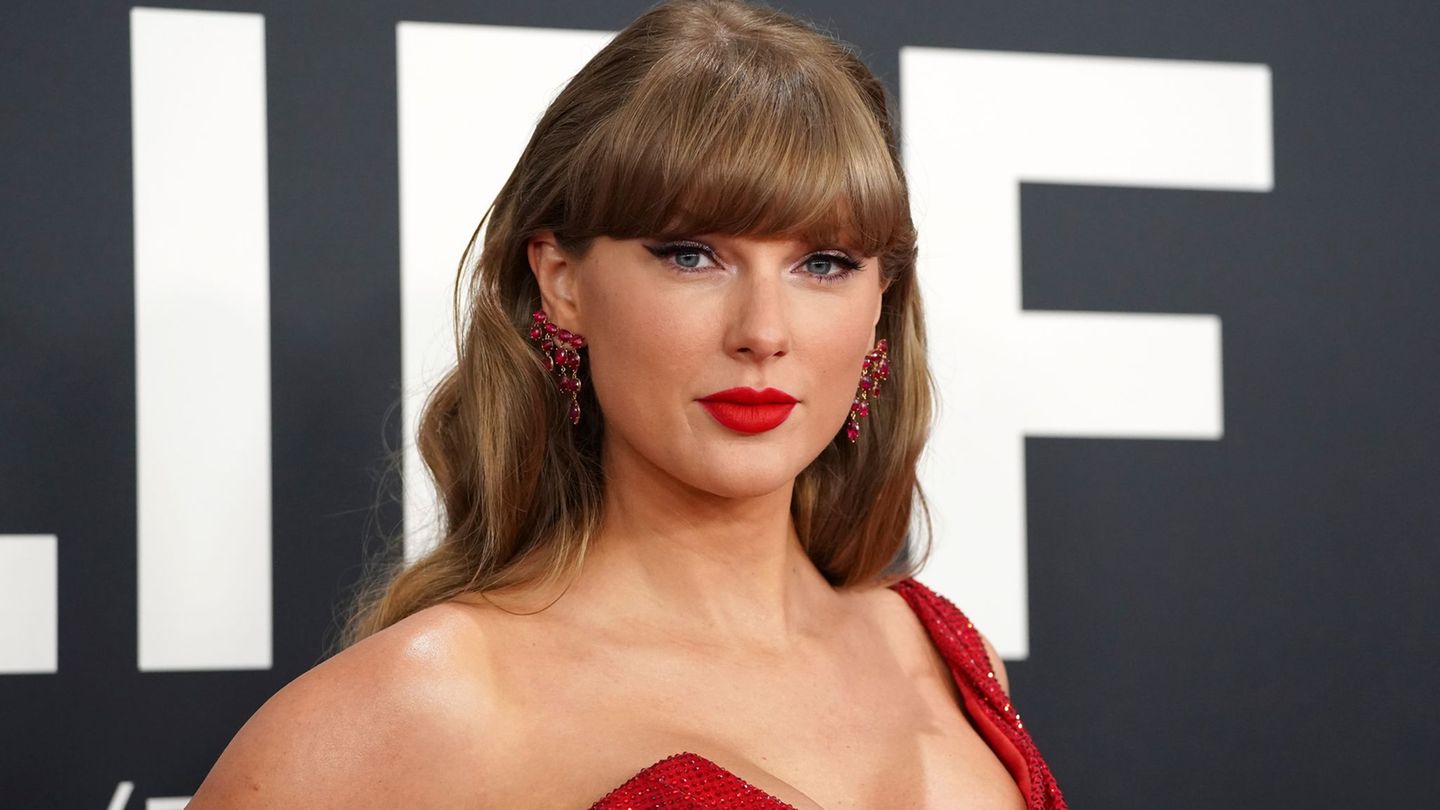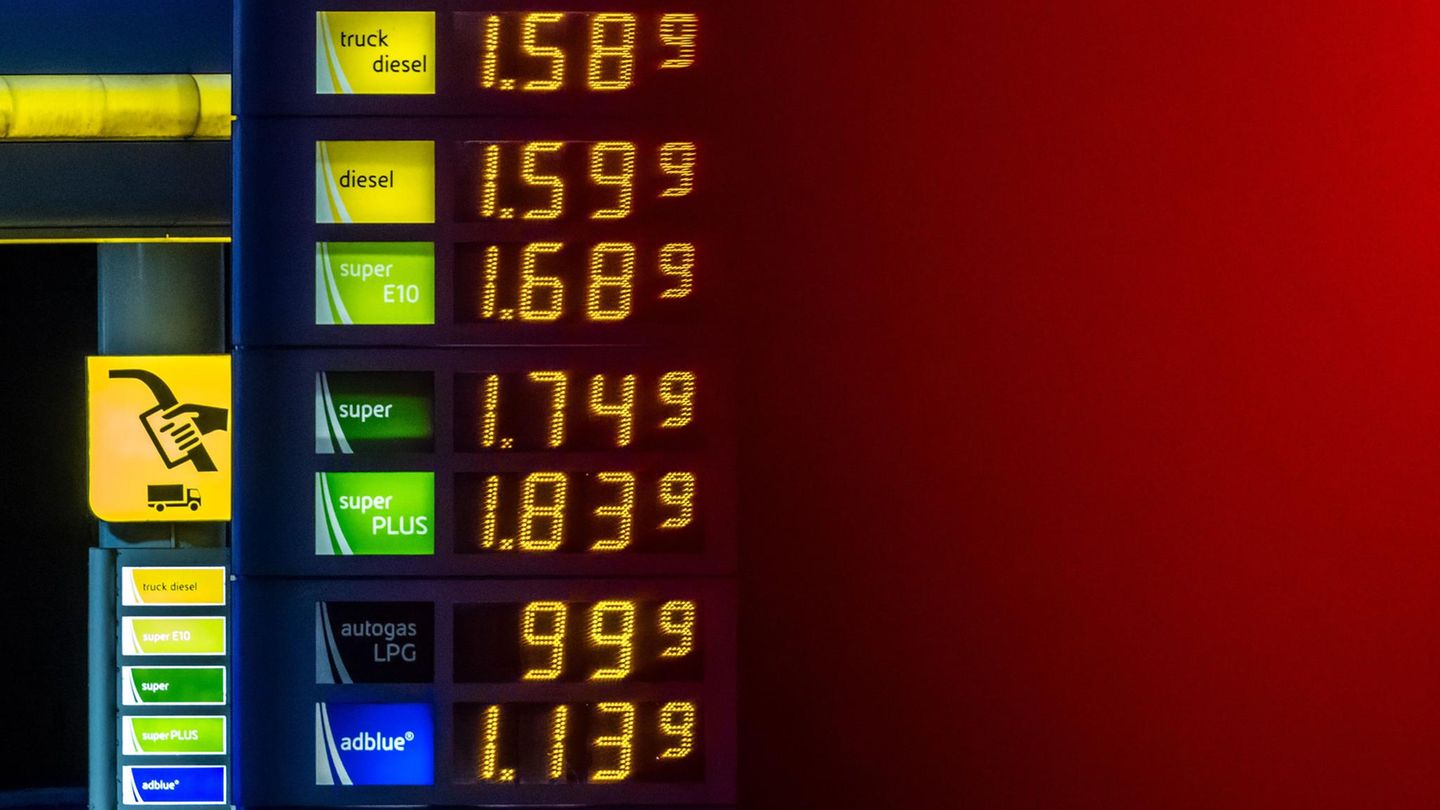He succeeds Michele Molon, who had managed the company on an interim basis since Robert Buchbauer left in the autumn of the previous year. Nasard will become the first CEO not from a founding family of Swarovski, the company announced on Tuesday.
This denies the “transition from a family-run company to a family-owned company,” it said. The majority of non-family members are now also represented on the board of directors. Nevertheless, the family wants to “continue to actively shape the legacy of family founder Daniel Swarovski in the role of owner”.
After a downsizing in Wattens, there has been a lot of discussion in recent years about the future of the location, also with the participation of Tyrolean state politics. Luisa Delgado, President of the Board of Directors, stated: “The Board of Directors is unanimous: Wattens will continue to play a central role in the future when it comes to innovations, efficiency and the very special Swarovski experience”. Delgado praised Nasard as a “very experienced and effective manager”, and Molon will in future hold the newly created “key position of Chief Commercial Officer”.
Nasard said he was “excited” about his future at Swarovski. The company fascinates him “as a luxury brand, as a cultural icon and as a fully integrated business model with its unique positioning in the world of jewelry, design, fashion, stage and screen”.
According to LinkedIn, Nasard was most recently a Senior Business Advisor at McKinsey & Company. Previously he worked as CEO at the market research company Kantar and for a few years as CEO of the shoe manufacturer Bata and at Heineken.
Job cuts and internal family disputes in recent years
In recent years, Swarovski has repeatedly hit the headlines because of job cuts and internal family disputes. Over 1,000 employees were laid off at the headquarters, with some family members not agreeing and fearing for the continued existence of the site. In the medium term, 3,000 people should be employed in Wattens, it said. The creation of a Swarovski foreign holding company (SAH) also caused massive resentment. Ultimately, the dispute ended up in court, but the Innsbruck Regional Court finally approved the entry of the SAH in the company register.
The company also had to cope with severe economic losses, not least due to the corona crisis. While the company still generated 2.7 billion euros in 2019, sales had collapsed to 1.9 billion euros last year. Swarovski announced that it now wants to reposition itself in the “affordable luxury segment”. According to a list by the management consultant Deloitte, Swarovski is still one of the 30 largest luxury goods manufacturers in the world.
Source: Nachrichten




